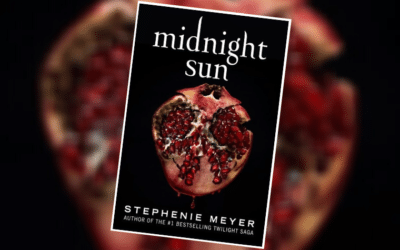“Nobody sets out to make a crappy show, but shit happens.”
The Pitch

A writer or producer’s agent sets up most pitch meetings. Often the agent attends the meeting along with a representative of the studio or other auspices who will actually produce the series. A writer can pitch a show without a producer, but the writer must either have an agent or be known to the development department.
There are many reasons for this, but the most important one is protecting against lawsuits. People not in the industry often think that their ideas are somehow revolutionary, though the truth is most concepts are pitched over and over. (Have you heard the one about two married marriage counselors who can’t get along? I have, dozens of times.) What makes an idea special is often a unique spin or characters that seem fresh.

Every once in a while, a concept does walk in that seems new. Inevitably, we would get another pitch for that same concept within the next week or so as if the idea had somehow been floating in the ether ready to get plucked by a passing producer or writer. But just because an idea is different doesn’t mean it gets put into development.
An important part of the pitch meeting is describing the pilot episode and whether it will be a premise pilot or pick up as if the show has already been on the air. In general, a premise pilot has lots of pitfalls, not the least of which is clunky exposition. Save me from scripts where someone walks in exclaiming, “Hi, neighbor.” And about those unlocked doors. Where do these people live?

Along with the pilot episodes, writers and producers will often also lay out other possible episodes in order to demonstrate that the concept has legs and the ways in which the various characters will interact with each other going forward. Often there is a pitch sheet that is left behind for the executives to look over if they need more information.
Occasionally, a pitch may come with a star attached as either to act or to produce or sometimes both. And sometimes a project will be pitched to fulfill a commitment that is held by the studio, the actor, the writer or the producer.
After the pitch meeting, a pitch memo is generated by the network that gives a brief description of the concept (the log line) and the characters, along with a run down of who attended the meeting. This is distributed to the entire development department.
The Script

“Like that, but funny.”
Before a script can go into development, the Business Affairs department must make a deal with the writer/production entity. This deal not only covers the fees that the writer will be paid to write a pilot, but it also enumerates the various entities involved with the project should the project move forward.
Depending on the writer, the network is contracting for a treatment, three drafts and a polish. Once the treatment is approved, the writer will be given the go-ahead to go to script.
The writer is the servant of many masters. Before a script gets to the network, producers and then the studios give notes. Obviously, the degree two which a script needs to be rewritten depends on many factors. Often, when a script is commissioned, it is commissioned in order to fill a particular gap or problem in the network’s schedule. Sometimes a writer will have his or her own idea about where they want the story to go that doesn’t always jibe with the network. In that event, a script might undergo what’s known as a page 1 rewrite. And sometimes a premise pilot is so clunky that there might be a decision to scrap the idea and go back to a show that takes place in medias res, but that has premise elements to it.
Usually, a development department will hold all of its completed scripts until the beginning of pilot season. Some will get recommended to pilot, and others fall by the wayside. Being recommended to pilot in no way guarantees that a pilot will actually be shot. There are many competing projects and studios, agents, and producers jockey for position and try to make the case for their project being green lit to pilot.




